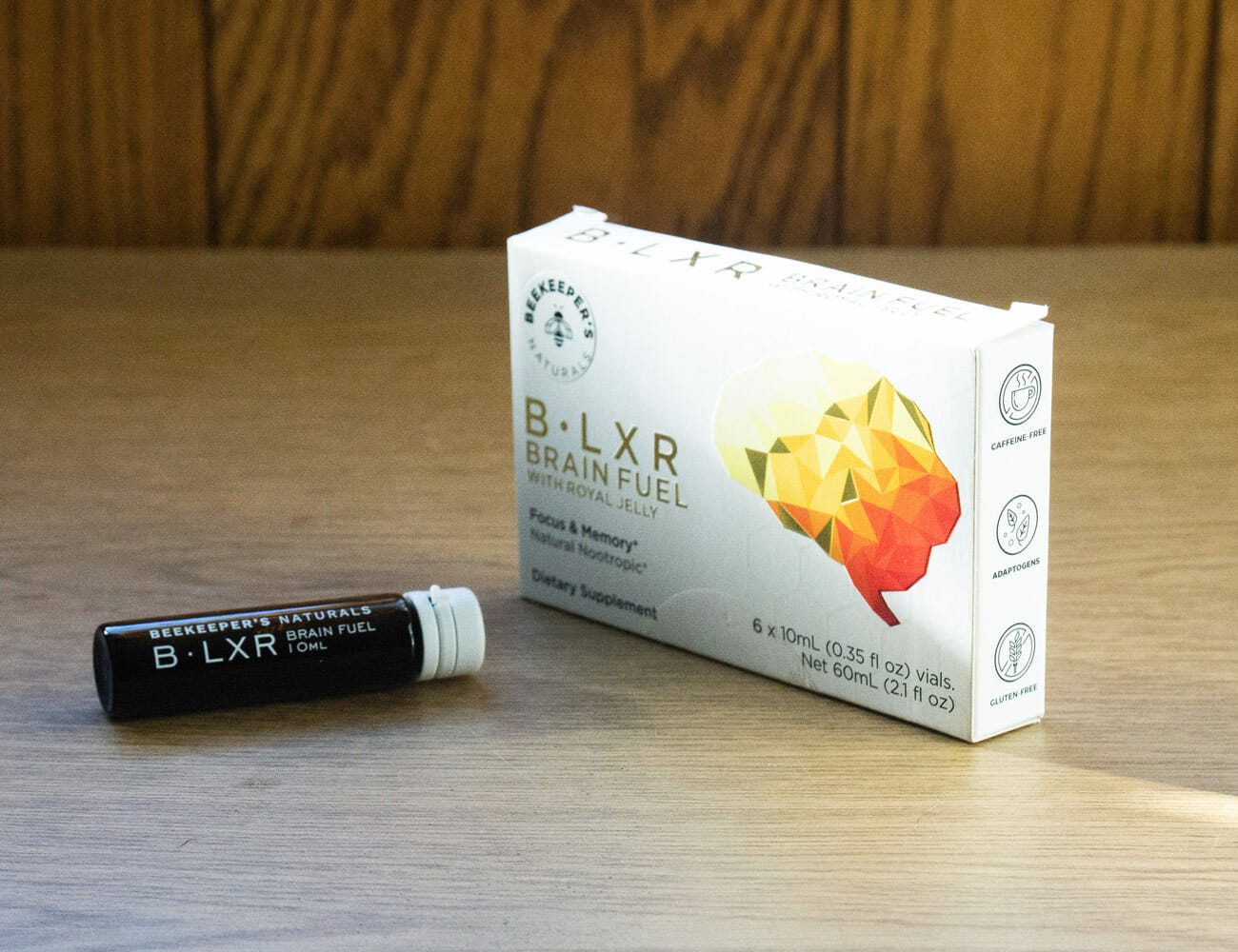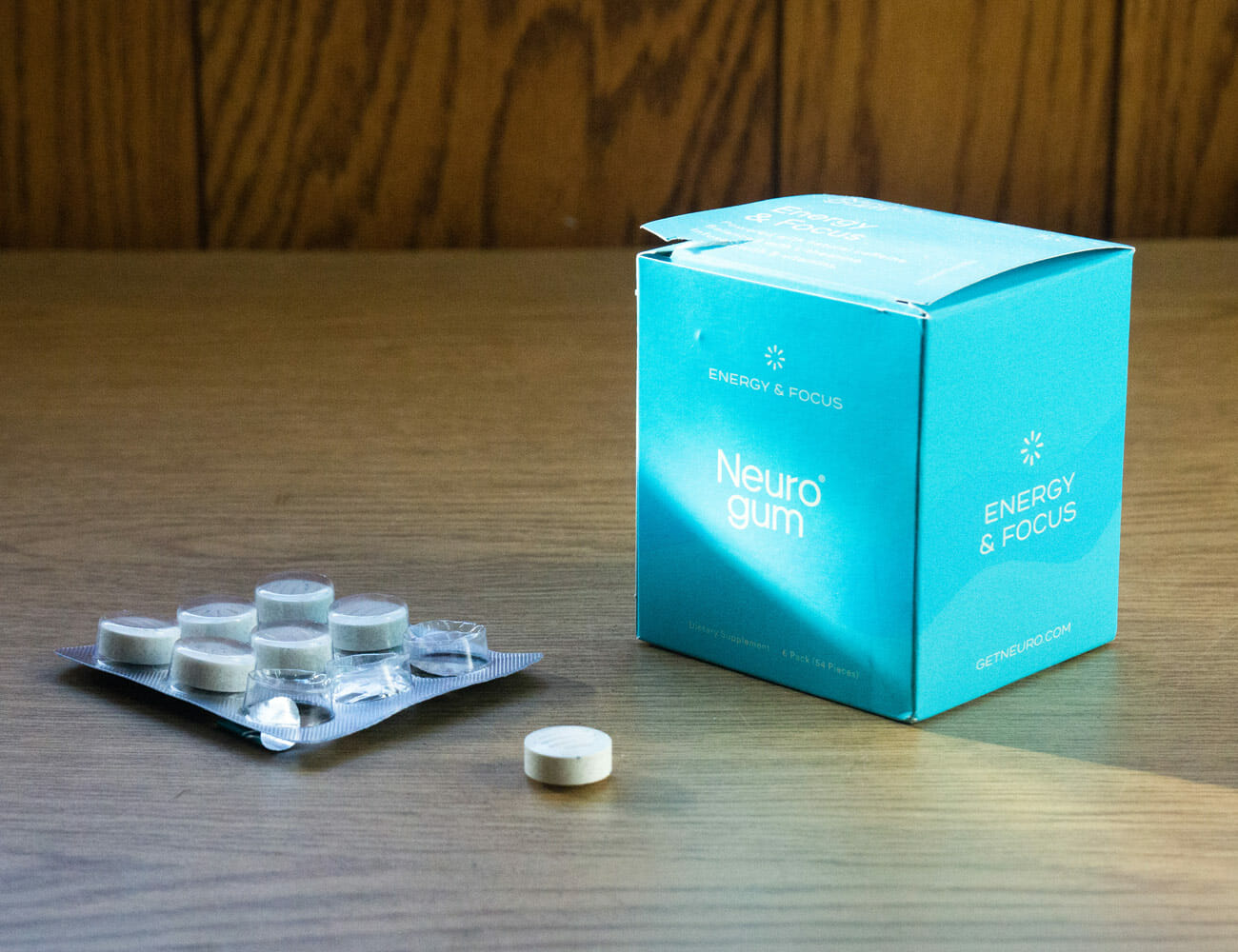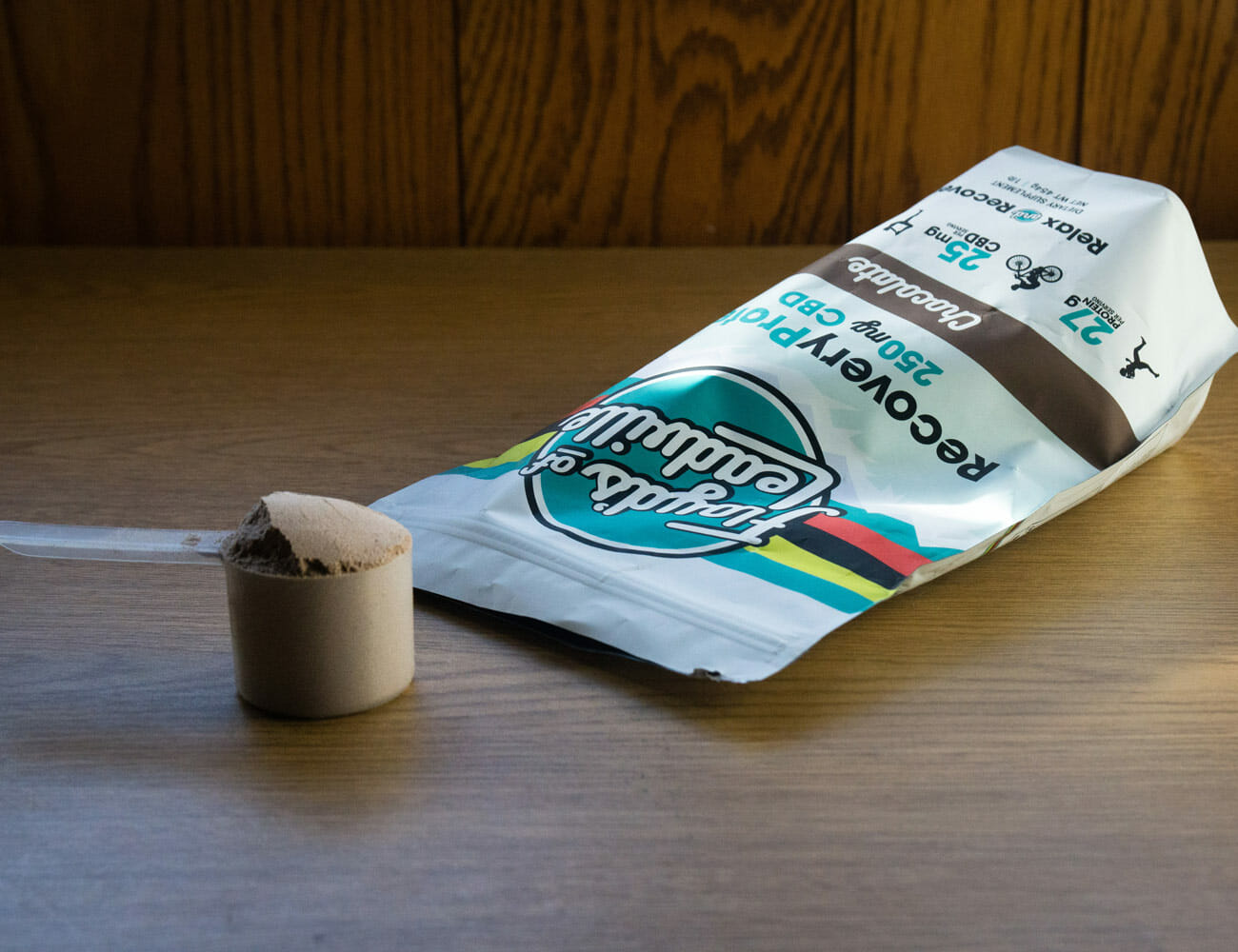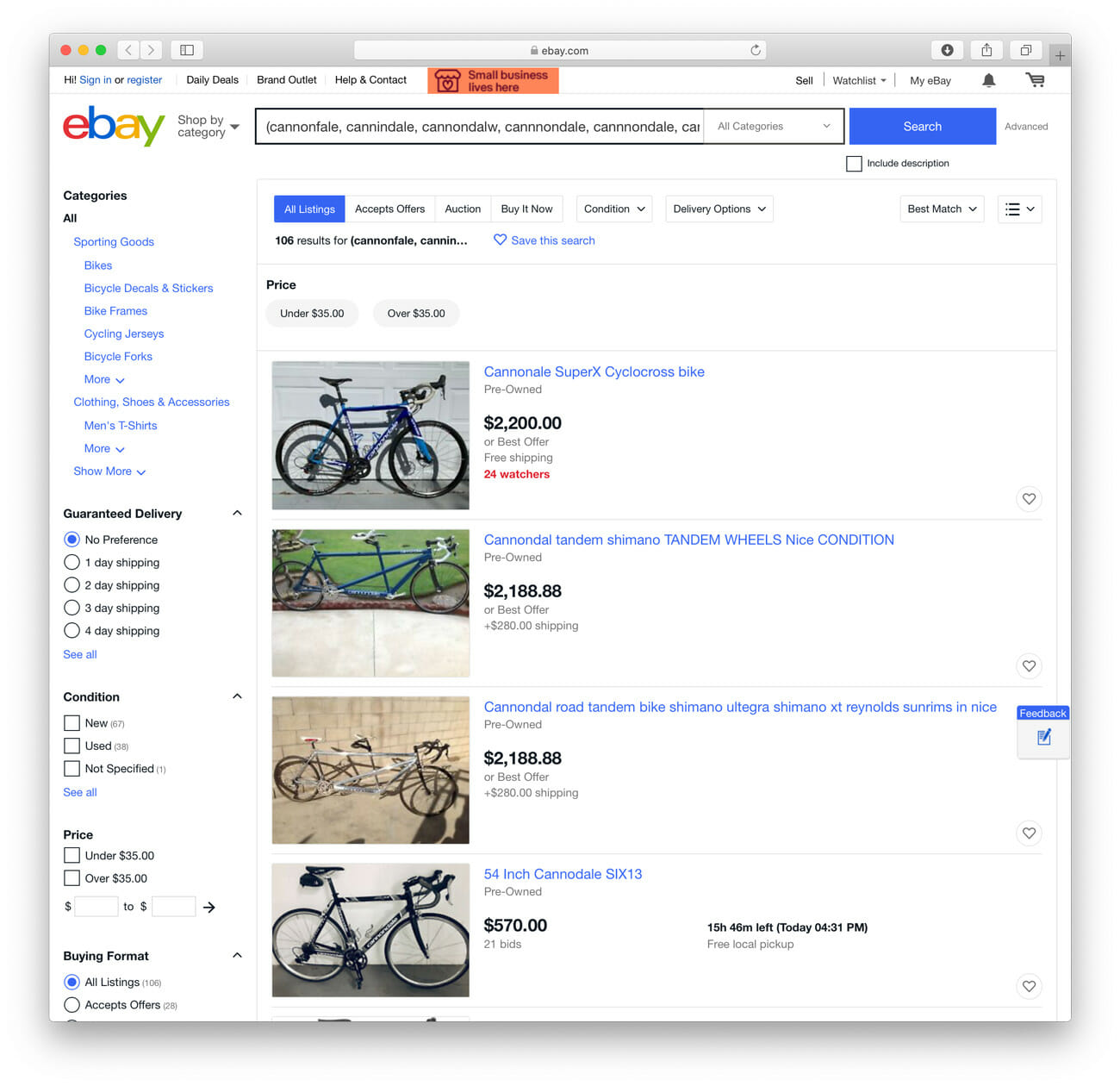When you write about products for a living, trying stuff out is part of the job. Product testing isn’t an exact science, though. It might entail heating up and cracking eggs into seven different cast iron skillets to see if they flip or stick. Or it might mean flying across the country to climb a volcano in clothing made by the guy on the other end of the rope that’s keeping you from plummeting into one of the crevasses that pierce its side.
A good product test derives from the product itself. It starts by taking the thing head-on; if Item A claims its primary reason for existence is to carry out Function Z, well, then Z is an excellent place to begin a test. That makes testing supplements an imprecise science.
Supplements — vitamins, tonics, CBD and more — are vague by legal definition in the United States. The Food and Drug Administration classifies and regulates them as food instead of drugs, which means that they aren’t subject to the rigorous testing and approval process that medication is. There probably isn’t much motivation to change that either, given that, according to the FDA, three out of four Americans use a supplement regularly, and the industry is worth $50 billion and counting.
“Increase energy,” “improve mental clarity,” “Support focus,” and “boost immunity” are a few top-line declarations you’ll find printed on the sides of jars of pills and tubs of powders. They take aim at the immeasurable abilities that are core to who we are and, in an era of constant visual and audio input, are constantly under assault. (Even if you want to take a break from it all by meditating, chances are you’re using an app to do that.) It’s no wonder that so many of us turn to supplements to make things better, if even just a little.
But if supplements don’t have to back up these generous and sweeping claims with a rigorous approval process, I don’t think my tests do either. So instead of finding a neuroscientist with the right background and equipment for measuring the effects of some of the substances I’ve recently been emailed about or sent via UPS, I decided to just pop ’em down the hatch and see how I felt. Call it the Eclectic Fool-Aid Acid Test…
Beekeeper’s Naturals B.LXR Brain Fuel
What It Claims to Do
“Fight brain fog,” “support focus and mental energy,” “get productive,” “caffeine-free energy” and “support focus and brain health.”
What It Is
The working ingredients in B.LXR are royal jelly, bacopa monnieri plant extract and ginkgo biloba leaf extract. The latter two are plant extracts common in Ayurveda, the Hindu system of medicine that relies on diet, herbs and physical wellness to promote holistic health. But the former is the more interesting one; royal jelly is a substance that worker bees secrete from their heads. It is sometimes called “bee milk,” and it earns its prestigious moniker because queen bees consume it while workers do not. It’s mostly water but does contain proteins, sugars, fats and minerals in small amounts.
Verdict
Honey bee head spit? B.LXR, a dark liquid that comes in little 10-milliliter glass vials, is easily one of the weirdest supplements to cross my desk (powdered thousand-year-old plant matter is another). The directions say to start with a third or a half of a bottle, but to tip back the entire thing for “PEAK brain power,” so that’s what I did.
It does not, I repeat, does not taste like honey. But it is honey-like, starting sweet before bearing into an herbal bitterness that calls to mind diluted echinacea, which must be the plant extracts at work in this mix. It did seem to give me a small, immediate kick. Was it a placebo? A high I was riding, knowing that I consumed the elixir of the bee gods? As the afternoon progressed, my energy, already sapped from a poor night’s sleep, waned as it typically does. Perhaps I should order enough vials to bathe in this stuff, like a queen bee larva.
I like this stuff, but given its price, I won’t be stocking my cabinet with it.
Neuro Gum
What It Claims to Do
“Feel your best quickly and conveniently;” “focus your mind and provide mental endurance.”
What It Is
Neuro Gum’s active ingredients are caffeine, L-theanine, and vitamins B6 and B12. Unlike bee snot, we know caffeine’s effects on energy and focus, and one piece of gum has 40 milligrams of it — there’s roughly 95 in an eight-ounce cup of coffee. L-theanine is an amino acid found in tea leaves that’s believed to promote relaxation (Neuro Gum says it’s here to reduce the adverse effects of caffeine). Both B vitamins contribute to red blood cell and nervous system health.
Verdict
It tastes like mint gum! Go figure. There’s a hint of that chemical-sweet flavor, the type that’s common in energy products, layered beneath the spearmint. Is it good gum? Surprisingly — I approach any gum that isn’t Wrigley’s with skepticism that it’ll turn into a lump of flavorless, wet paper within 15 seconds of chewing — yes. It holds its spring nicely; it even maintains a sufficient shadow of its flavor during prolonged chewing.
Oh, and that whole “mental endurance” part? I couldn’t really tell if the gum had kicked in, so I popped another piece in (the box says to take one or two). It gave me a boost, but not in a jittery, third-cup-of-coffee sort of way. I don’t drink that much coffee, and I have a feeling that frequent drinkers might find Neuro Gum insufficient in afternoon resuscitation.
Would chew again.
Floyd’s of Leadville Recovery Protein
What It Claims to Do
“Optimum muscle replenishment,” “relax and recover” and “it’s also delicious.”
What It Is
Like many protein powder blends, the list of ingredients that make Floyd’s Recovery Protein is long, but the principal components are somewhat straightforward: 27 grams of whey protein, 25 milligrams of CBD and 10 grams of carbohydrates (plus organic cacao powder) per serving.
There are 18 amino acids present in the mix, including 8.5 grams of branched-chain amino acids (BCAAs), a type that the body doesn’t produce that has become somewhat trendy recently as some research has shown that they can reduce muscle fatigue and soreness and thereby aid in the overall recovery process.
Verdict
First thing’s first: it is delicious. Chocolate is likely the most common protein flavor, but this one ranks high on my list. And let’s be fair, flavor is important; if you have to gag down a post-workout drink, there’s probably a higher chance you pass it up entirely.
I’m a believer in post-workout recovery formulas. I’ve relied on them heavily in training for marathons, where an inadequate meal after a long run can leave you pilfering the fridge for 12 hours trying to satisfy cravings. In terms of fatigue, they can play a big role in ensuring the rest of the day doesn’t become a wash.
The first time I used Floyd’s Recovery Protein, it was after a failed attempt at a 12-mile trail run that would’ve involved roughly six miles of high ridge running, and the views that go with it. Because I didn’t expect the high forest to be filled with snow in mid-May, that turned into a seven-mile out-and-back slog.
I have no proof that this got me back on my feet quicker than if I didn’t consume it — it certainly did nothing for my scratched and bloody shins — but I went about the rest of my day regularly and tackled a different trail the following morning. The CBD? Didn’t notice it.
When I go back for redemption on that trail, I’ll make sure my bag of Floyd’s is waiting for me at the end.
Momentous Elite Sleep
What It Claims to Do
“Fall asleep easier and achieve higher quality sleep, thus improving recovery and performance.”
What It Is
Elite Sleep contains both magnesium and Magtein, a patented magnesium compound believed to support cognitive function and brain health, and reduce anxiety, among other things. It also has wild jujube seed extract; jujube is also known as a red date or Chinese date and supposedly does all kinds of things, from fortifying the immune system to supporting liver health. Momentous uses it for its purported ability to increase the time spent in slow-wave and rapid eye movement sleep phases.
Elite Sleep’s final ingredient, melatonin, is more straightforward. Melatonin is a hormone that the body produces on its own to manage your circadian rhythm.
Verdict
Yeah, this definitely, objectively works. Again, I can’t speak for the direct effects that popping one of these little pills before bed has on my brain function or muscle regeneration, but it did make me notably drowsy, and I do seem to be getting more restful sleep. Better sleep leading to better athletic and daily performance is a simple equation in my book. (Plus, it’s proven.)
On some mornings after taking Elite Sleep, I woke up a little drowsier than usual. I’m too nervous about messing with the winder on my body clock, but I’m happy to rely on this stash when I’m restless and have a big tomorrow ahead of me.
Charlotte’s Web CBD Sleep Gummies
What It Claims to Do
“Support sound, quality sleep, and regular sleeping cycles,” “help you get the rest you need when you need it,” “help you float off to dreamland.”
What It Is
Hemp extract and melatonin, plus the medium list of ingredients required to get those two things into a gummy form. The hemp extract is here to get cannabidiol, or CBD, which is easily this age’s most popular supplement. Yes, CBD is a supplement. The only FDA-approved CBD product is a prescription drug that treats two rare types of epilepsy. But the FDA does note that it can affect alertness in a way that causes drowsiness.
Verdict
I didn’t mention this in discussing Floyd’s Recovery Protein, but I’m a CBD skeptic. So many people, when they talk about CBD, either talk about it like it’s a minor form of THC (the compound in marijuana that gets you high) or that it’s a wonder-substance that can fix any problem you might have, be it anxiety or an inability to make a real connection with your mother-in-law.
I’m not discounting what people claim CBD does for them; if it helps, it helps (the placebo effect, after all, is proven). I’m just saying that I’m waiting for more conclusive studies — there are many of them underway — to play out before deciding what it might do for me.
One thing that experts seem to agree on is that CBD is safe to take, so I happily chowed down on Charlotte’s Web’s raspberry, hemp-enhanced gummies before tucking in for the night. They definitely made me feel relaxed and drowsy after 20 or so minutes, but was that the CBD or the three milligrams of melatonin (the same amount that’s in Momentous Elite Sleep)? Perhaps a better question is, does it matter, given that my reward for eating a tasty treat was a good night’s sleep?
Be careful: These taste good enough to commit to an entire day of gummy-induced napping.
Milkweed Truffletruffle White
What It Claims to Do
Nothing beyond providing the mellowed-out sugary bliss you’d expect from a pastry chef who earned his stripes in New York City before leaving that behind to work in medical marijuana and consequently connecting those two dots. Oh, and “whimsical delights.”
What It Is
“A sweet white chocolate shell filled with savory butterscotch, honey granules, and white truffle oil,” plus 40 milligrams of full-spectrum CBD.
Verdict
First, a little context: I found this delightful morsel in a small fridge at the general store in my home town in Vermont. Maybe it’s not a supplement in the traditional sense, but if I’ve learned anything while consuming all of these things, it’s that the word doesn’t have a stringent definition. The official version is “something that completes or enhances something when added to it,” and I had a hunch that white chocolate and butterscotch had a high chance of enhancing my afternoon.
Based on the 25 or so seconds that it took for me to crack through the truffle’s outer shell, releasing a wave of smooth buttery, caramel-y flavor that first contrasted then melded with the confection that encased it, and let it all dissolve into nothingness inside my mouth, I can objectively state that this particular supplement — whether it calls itself that or not — makes good on everything it promises.










